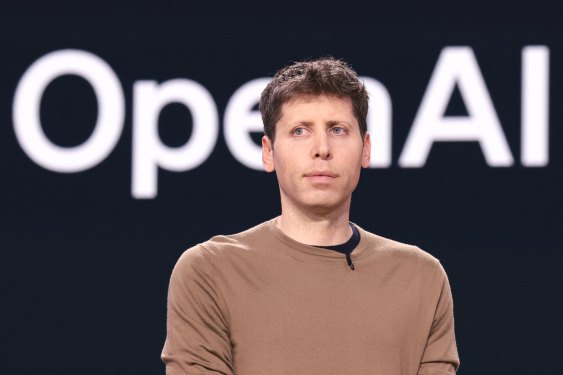In Jakarta, Indonesia, only 50 percent of the population has access to the piped sewerage system. More than 500,000 residents practice open defecation, and more than one million people discharge wastewater directly into the river, resulting in deteriorated groundwater quality and putting residents at risk to waterborne diseases.
The better news: The city has a master plan to improve the piped sewerage service that would cover 65 percent of the future population, while the remaining 35 percent would be served with alternative approaches, including on-site sewerage, conventional septic tanks and community-scale waste-water treatment plans.
Whether that precise plan comes to fruition is an open question, but it’s certainly better than not having a plan at all. Such is the thinking behind a new summit called CityXChange that invites cities from around the world to work for five days with technologists and VCs across a variety of disciplines and that’s spearheaded by the Rockefeller Foundation, established by the Rockefeller family more than 100 years ago to promote the “well-being of humanity throughout the world.”
Indeed, back in May, in the small town of Bellagio, Italy, 50 city leaders, investors and startup executives came together to brainstorm creative solutions to each of the cities’ most pressing problems, like congestion in Sydney, Australia and how to fulfill a promise made by the city of Atlanta, Ga. that it will fully transition to clean and renewable energy. The idea was to find technologies that can address each issue, while also recognizing the bureaucracy that often defines government at every level — and figuring out workarounds.
Now, the foundation is releasing some of its learnings from that confab, which it will host again in 2018, with the hope that such takeaways can begin to form a road map. (Cities and startups interested in attending can apply here.)
The biggest takeaway, seemingly, is that such meetings are not a waste of time. In fact, Jakarta’s master plan is but one outcome from the event, which also included senior officials from Athens, Greece; Santiago, Chile; and Oakland, Ca., who worked with startup participants like Lyft and AirMap, along with investors from Y Combinator and Founders Fund.
Take officials from Cali, Columbia who’d come to the summit with grave concerns about mosquito-borne illnesses like the Zika virus, explaining that Cali doesn’t have the resources to deploy an aerial spray everywhere. They left armed with plans to pay people tiny amounts of money — pennies per photograph — which the city is now feeding into a database that’s helping it identify where the highest concentrations of mosquitoes are located so it knows where to spray and when.
Other solutions discussed at the CityXChange event have broader applications. Cities’ procurement process, for example, typically involves requests for proposal, which are confusing for first-time bidders and, as notes Rockefeller president Raj Shah, are rarely written to solicit innovative solutions. “Most large entities have very complex procurement processes that require a whole bunch of steps that tend to favor those who are already in the system,” said Shah in a chat with TC earlier this week. “Those requirements can be challenging for a small or mid-size tech firm that hasn’t serviced a market.”
Because these RFPs are lousy tools for building engagements with new players, some of the discussions in Bellagio centered on new, more flexible procurement models and documents — some of which even work. At least, according to Shah, the city of Toronto has already used one version of these to partner with Here Technologies on a new traffic management action plan that will provide the city with round-the-clock traffic information without requiring the deployment of traffic sensors.
Other ideas that some attendees have embraced or plan to adopt include developing VC advisory committees that can serve as a bridge between startups and cities, and establishing regular meetings with local startup communities that might otherwise be unaware of how their innovations can help.
Naturally, the summit isn’t a panacea for the many obstacles plaguing relations between cities and startups, starting with the reality that many have negative impressions of the other, they speak different languages and partnerships can take a long time to develop — often too long.
Still, skeptics might take comfort in knowing that behind the scenes, cities and tech startups are finding more ways, including via this event, to work together, discuss their challenges and, in the best cases, solve some of the problems bubbling up in urban centers together.
With roughly 54 percent of the world’s population living in urban areas today, and 66 percent of people expected to live in cities by 2050, one thing is plain; these relationships aren’t no longer just nice to have. More and more, they’re going to become a necessity.







